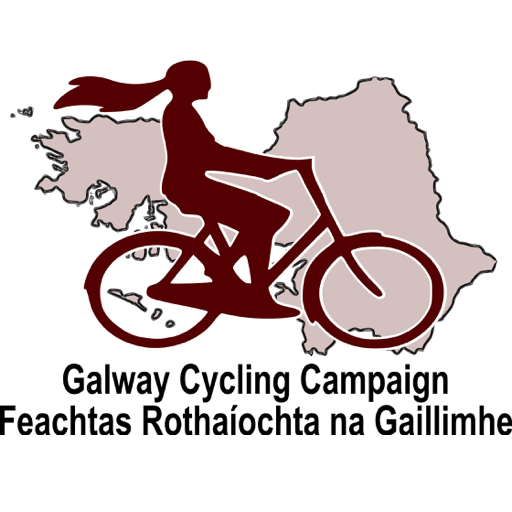The Galway Cycling Campaign has welcomed the City Council’s proposal to introduce a 30km/h speed limit as part of its proposal to secure funding of €25 million for the Galway Metropolitan Area from the Smarter Travel fund.
Commenting on this proposal, Shane Foran, the Chair of the Galway Cycling Campaign, stated:
“During the “big freeze” it was clear that traffic speeds in the city were reduced. Motorists have been driving at the speed limit on main roads, at 30km/h on secondary roads and at walking speed in housing estates where the roads are the children’s main play area. In other countries, this would be considered normal driver behaviour all year round and gives a glimpse of how the city could be all the time with reduced traffic speeds creating a more cyclist and pedestrian friendly environment.”
The Campaign also believes that the City Council’s target of a 100% increase in cycling over the next 5 years can be achieved and exceeded if the sensible measures are put in place, and if the money allocated is not wasted on white-elephant cycling schemes.
While welcoming the fact that the City Council have made it to Stage 2 of the Smarter Travel fund, the Galway Cycling Campaign is wary of some the Council’s proposals and the omission of obvious issues facing pedestrians and cyclists. Oisin Ó Nidh of the Galway Cycling Campaign says: “First, roundabouts are not addressed at all. Large multi-lane roundabouts are one of the biggest deterrents for many walkers and cyclists trying to navigate in this city. Second, the money must be spent wisely, especially in this economic climate. Half a million Euro would provide top quality cycle parking stands all around the city, not just the city centre. Developing cycle-only routes can be very expensive, and the benefit can be limited to a small number of cyclists and usually for only part of their journey. We encourage Galway City Council to use the Department of Transport’s “National Cycle Policy Framework” document as a template when implementing cycling measures.”

Leave a Reply